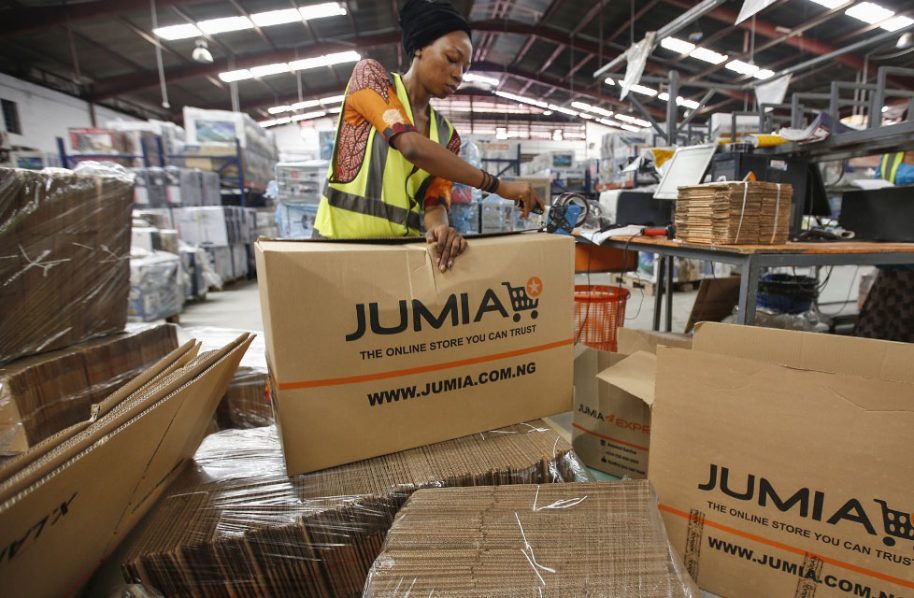
In a bid to democratise access to the digital economy in Nigeria, Jumia has expressed its intent to expand to smaller towns and rural areas to avail such communities the opportunity to leverage the convenience of online shopping.
Through its City Expansion initiative, the firm aimed to bring e-commerce to the doorsteps of those in remote and underserved areas, laying the groundwork for broader economic participation, and contributing to the country’s overall economic growth.
The firm noted that the initiative is designed to provide employment opportunities and bridge the digital divide by empowering thousands of independent sales agents which would be reflected in local economies and foster rural entrepreneurship through word-of-mouth marketing, significantly improving the shopping experience for remote users.
According to its statement, to address the infrastructural and logistical hurdles that have long impeded online commerce in Nigeria’s semi-urban and rural areas, the platform’s comprehensive strategy includes enhancing logistics, establishing pickup stations, and collaborating with Third-Party Logistics Providers (3PLs) to broaden its reach beyond major cities like Lagos, Abuja, Ibadan, and Port Harcourt.
“At the core of Jumia’s expansion plan is the optimisation of its logistics and distribution framework. The company is actively investing in localised hubs across newly targeted cities. This initiative addresses common challenges such as failed deliveries, difficulty in product access, and order cancellations, issues particularly acute in secondary cities and remote areas.
“With a logistics network comprising over trusted third-party partners, over 150 pickup stations, and a robust community of over 7,000 active independent sales consultants (JForce), Jumia is bringing a wide range of products to millions of Nigerians.
“By adopting Pickup Stations (PUS) as a primary delivery method, consumers in secondary cities like Aba, Warri, Owerri, Ilorin, Enugu, Ile-Ife, Abeokuta, Awka, Asaba, Nsukka, and Onitsha have now been introduced to the convenience of e-commerce. By the end of the third quarter of 2024, even smaller cities such as Nnewi, Eket and Yenagoa will benefit from this expansion,” Jumia stated.
Jumia boosts digital economy access, expands to rural communities

Jumia Nigeria . Pix" Techeconomy
Jumia Nigeria . Pix" Techeconomy





